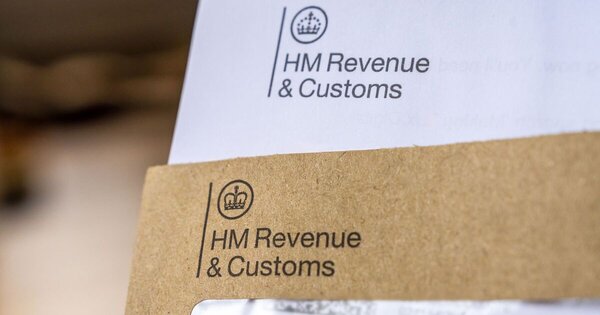Introduction
The Bank of England has issued a warning that ongoing uncertainty surrounding government fiscal policy including prospective tax measures under Chancellor Rachel Reeves may weigh on UK economic growth through 2026.
In a closely-watched statement following its latest Monetary Policy Committee (MPC) meeting, Governor Andrew Bailey outlined concerns that both households and businesses are holding back on spending and investment amid expectations of higher taxes and continued policy ambiguity.
This hesitancy, combined with sustained inflation and higher employment costs, adds to the complexity of the current economic climate.
Bank of England highlights growth concerns
At its latest meeting, the MPC voted 5 4 to maintain the base interest rate at 4 percent, with Governor Bailey casting the deciding vote. The committee pointed to persistent pressures on economic expansion, citing survey data indicating that business leaders are experiencing elevated uncertainty regarding fiscal policy ahead of the upcoming Budget.
Feedback from business and consumer surveys, published by the Bank, described prevailing economic conditions as sluggish. The MPC noted that worries over impending tax changes and broader fiscal decisions are discouraging spending, with respondents characterising the overall environment as “flat”.
Policy uncertainty impacts households and businesses
Interviews conducted by the Bank revealed that concern regarding the Government's fiscal plans has resulted in both consumers and businesses exercising caution.
Households, in particular, are reported to be saving more and spending less, reflecting uncertainty about their future financial position. Business sentiment also remains subdued.
Many company leaders rated current uncertainty as higher than it was immediately following the 2022 mini-Budget period, attributing hesitance to ongoing policy speculation and lack of clarity on tax obligations.
Effects of tax changes and spending patterns
Employers continue to grapple with the impact of increased National Insurance contributions, a policy move introduced to help address fiscal challenges. Survey data indicates that nearly half of firms have reduced staffing more than they otherwise would due to these higher costs.
Additionally, employers report increased wage demands, particularly from unionised workforces, and note that minimum wage rises have placed further upward pressure on labour expenses. Some businesses have responded by limiting pay increases for senior staff to offset broader cost growth.
Inflation, labour costs, and economic outlook
Governor Bailey stated that headline inflation had stabilised at 3.8 percent and is forecast by the Bank to decline modestly to 3.6 percent by October. However, the path towards the official 2 percent target remains prolonged, with forecasts not expecting a return to target until late 2027.
Policymakers attribute the above-target inflation partly to government-related increases in regulated prices such as road tax and utility bills alongside labour cost pressures. These factors have significantly slowed the improvement in living standards and dampened prospects for robust economic growth.
Reactions from policymakers and business leaders
Chancellor Rachel Reeves has signalled the possibility of abandoning Labour’s previous pledge not to raise income tax, stressing that “we will all have to contribute” to reduce national debt and support public services, including the NHS.
At the same time, Reeves acknowledged that current interest rates are constraining borrowing for both families and businesses. Governor Bailey emphasised the Bank’s neutrality regarding government policy, stating, “In no sense are we passing any judgment over what the Chancellor said this week, that should be very clear. We will have to consider the Budget in the next round.”
Final Summary
The Bank of England’s latest pronouncements underline the challenges facing the UK economy as it navigates a period of heightened fiscal and monetary policy uncertainty.
Growth remains subdued due to restrained household spending, cautious business investment, and upward pressure on employment and regulated costs. While the outlook for inflation is for gradual moderation, forecasts indicate that the official target may remain elusive for several years, especially if government policy continues to drive up costs.
Policy debates within both government and the Bank are likely to continue as the country approaches the autumn Budget and contends with persistent inflation and tentative labour market prospects. For those monitoring changes in UK fiscal policy, tools such as the Pie app can offer valuable insights into the evolving tax and economic landscape.











